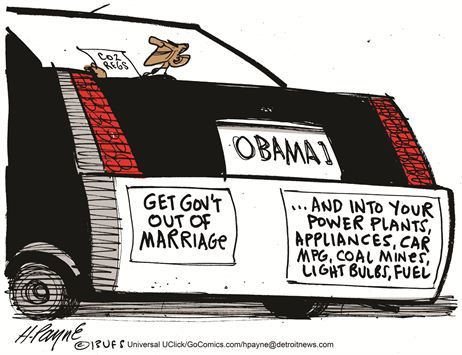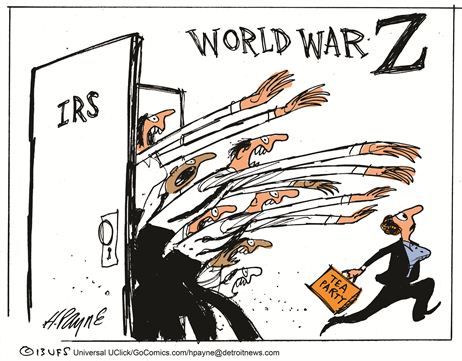The Obamacare employer mandate has been delayed by a year to 2015, meaning that many businesses can push back providing worker health insurance a bit longer.
When the Affordable Care Act was passed in 2010, it required that companies with 50-plus full-timers start providing them coverage in 2014 — or face penalties.
That changed on Tuesday. In a blog post, the U.S. Treasury Department explained that the government needs time to simplify reporting requirements, and businesses need breathing room to adapt to the changes.
“This provides vital breathing room. I think businesses are relieved there’s more time to get this right,” said James A. Klein, president of the American Benefits Council, an employer benefits advocacy group.
Here’s what businesses and workers need to know.
Who‘s affected?
A relatively small share of the country’s businesses fall under Obamacare’s employer rules, and most of those that do already provide insurance. That might sound surprising, because the biggest Obamacare myth spouted by opponents is that it will crush small business.
The vast majority of the nation’s businesses, 97% of them, are too small to be affected.
What’s more, most larger employers already provide insurance anyway. Of the nation’s 6.5 million workplaces, only about 70,000 — a little more than 1% — must actually start providing insurance.
Then why does this matter?
The mandate affects most of the nation’s workers. According to the latest Census data, close to 80 million people work at firms that must provide insurance. Though most of them are offered insurance, that still leaves millions who will have to wait another year.
Has the mandate already affected businesses?
It has impacted those businesses that intend to dodge Obamacare by cutting worker hours. The employer mandate kicks in at 50 full-timers, and the law counts anyone who works at least 30 hours a week as full-time.
That’s given rise to the “29ers” phenomenon, in which business owners reduce workers’ hours from full-time to 29 hours per week. This has been especially prevalent in the franchising and restaurant industries, where shift hours are frequently swapped.
There’s no telling whether the mandate has already impacted hiring, though.
—-
Click below for the full article.
http://money.cnn.com/2013/07/03/smallbusiness/obamacare-employer-mandate/index.html?iid=HP_LN






